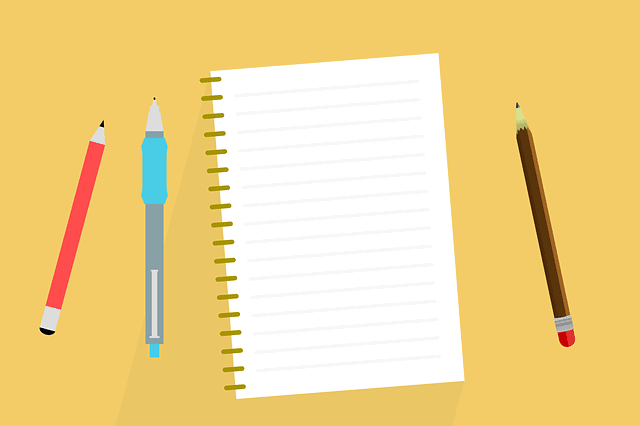
Going to a chess tournament can be a tremendous amount of fun! Meeting new friends, playing swashbuckling games, and potentially winning trophies :)! As you keep improving and start winning more and more, it becomes even more fun.
Here are a few chess tips you should know when you’re playing in tournaments.
It might sound strange, but you learn more from your losses than your wins. Every time you lose, your opponent exploited a chink in your armor and highlighted an area for improvement. You should save your notation sheets and review your games with your coach or by yourself to prepare for next week.
Learn about notation: Notation, Symbols, & Electronic Notation Devices
It’s important to not keep your opponent waiting. Plus, showing up late could lose you valuable minutes and delay the tournament. Most importantly, if your opponent is late, their time could be winding down giving you a huge time advantage.
You will almost certainly need to bring your own clock to a tournament. Sometimes you can rely on your opponent’s clock but don’t count on it. Most tournaments have boards and notation sheets for you to use, but always check on the tournament’s website. Worst case scenario: buy a notation booklet from the “Skittles Area.”
Check out these articles for clock and electronic notation device recommendations.
All tournaments will have a “skittles area” – a place where you can hang out after each round (also a place your parent can sit while you play). Also, most of the players and their parents will be here so it’s a great place to meet other chess enthusiasts.
Many skittles areas also have shops with boards, clocks, books, notation books, shirts, and more!
Parents: The skittles area is for you!! Most other parents will be there and there are tons of books and snacks you can buy.
When you’re playing, you absolutely must NOT distract your opponent or those around you. This can include obvious things like talking, laughing, or kicking your opponent under the table (heehee…) but also more subtle distractions like clicking your pen.
If your opponent asks you to stop doing a certain distracting behavior, it’s best that you quietly comply – don’t argue or it might escalate to the TD’s attention :O.
Kibitzing is when you comment on another game. When you’re playing a friendly practice match it’s fine to talk about the best moves. But such outside help in a tournament can be considered cheating and get you and the person you helped in big trouble.
Far too many chess players have lost to someone cheating. While it doesn’t happen as much at the higher levels, cheating plagues novice games (mostly because novices aren’t familiar with the rules). The best way you can stop cheating is by familiarizing yourself with the most common chess tournament rules and by telling the TD if you notice something suspicious.
Check out our series Chess Tournament Rules!
Chess is a gentleman and gentlewoman’s sport. Good sportsmanship is key! When you lose, try and congratulate your opponent and talk to them about the game afterwards (reviewing the game afterwards is called a “post-mortem”). Also, when you win don’t be a sore winner! No one likes someone who gloats.
The most important aspect of playing chess is to just have fun. Whether you win or lose, what matters is that you tried your best, made some new friends, and enjoyed yourself.
Do you remember your first tournament? Tell us about it in the chat below.